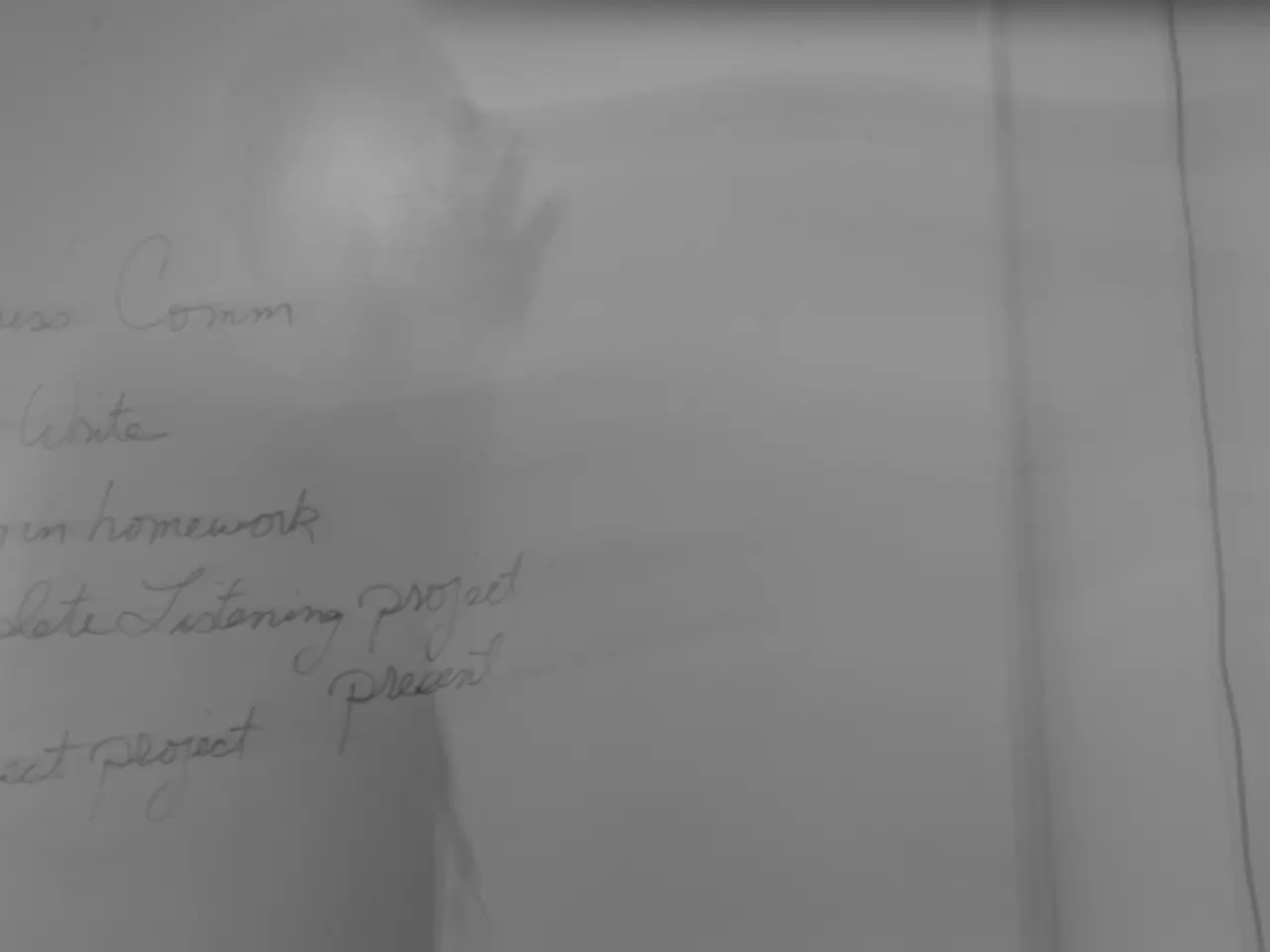Human Existence and the Impact of Bias in Validating Survival
In the realm of human cognition, confirmation bias—the tendency to favor information that confirms existing beliefs—plays a significant role in shaping our decisions, often limiting objective assessments of reality. This cognitive bias, which can be traced back to evolutionary times, impacts modern society by influencing critical areas such as politics, health, and environmental issues [1][2][5].
From an evolutionary standpoint, confirmation bias may have provided adaptive advantages by enabling faster responses to threats or opportunities. However, in technologically and socially complex societies, it often hinders effective decision-making and collective problem-solving, potentially undermining social stability and progress [3].
Confirmation bias manifests in various ways. It can lead individuals to seek out information that supports their views while ignoring contradictory evidence. This bias can also cause people to interpret ambiguous evidence in a manner that aligns with their existing beliefs, leading to skewed perceptions of reality [2][4].
In contemporary society, confirmation bias shapes decision-making processes in health, politics, and environmental issues. For instance, individuals may ignore medical advice that contradicts their beliefs about health practices or treatments, leading to poor health outcomes. Similarly, resistance against scientific consensus on issues like climate change can be attributed to confirmation bias [1][5].
Recognizing and mitigating confirmation bias is crucial for enhancing decision-making processes that affect human survival. Strategies to overcome confirmation bias include active awareness and recognition, seeking diverse and disconfirming information, engaging in critical thinking and logical analysis, cognitive bias modification (CBM), accountability and incentives, and educational interventions [1][4].
Active awareness and recognition is the foundational step towards mitigating the effects of confirmation bias. By acknowledging one’s own susceptibility to confirmation bias, individuals can take steps to counteract its influence [1][4]. Seeking diverse and disconfirming information helps counteract biased information processing and encourages intellectual humility [3].
Engaging in critical thinking and logical analysis helps individuals evaluate evidence more objectively rather than through a biased lens [3]. Cognitive bias modification (CBM) programs, based on behavioral tasks and attention training, have shown promise in reducing maladaptive cognitive patterns and can improve decision accuracy over time [4].
Accountability and incentives can also play a role in reducing confirmation bias. Knowing one will be held accountable for judgments or receiving incentives to reduce bias can increase the deployment of controlled, deliberate processing over automatic biased responses [4]. Educational interventions, such as targeted debiasing games, videos, or training that teach mitigating strategies, can produce significant, lasting reductions in confirmation bias effects [4].
In the context of survival, confirmation bias allowed early humans to quickly affirm their existing knowledge about what was safe or dangerous. However, in modern society, it can delay necessary actions for collective survival by causing people to cling to beliefs that downplay threats. By understanding and addressing confirmation bias, humanity can enhance its adaptability and resilience in the face of ongoing challenges.
In conclusion, confirmation bias compromises human survival in modern society by narrowing decision-making to pre-validated information, thereby impeding adaptability and collective problem-solving. However, strategies like deliberate exposure to diverse perspectives, cognitive training, and fostering intellectual humility can effectively reduce its impact in decision-making processes [1][3][4][5].
In the field of environmental science, understanding confirmation bias is vital for promoting sustainable practices that ensure the preservation of our planet. By acknowledging our susceptibility to this bias, we can strive to seek out eco-friendly information and revise our beliefs when faced with contradictory evidence [1][5].
In education and self-development, recognizing and mitigating confirmation bias plays a key role in fostering a growth mindset. By being open to new ideas and actively seeking disconfirming evidence, individuals can enhance their learning and personal growth [2][3].
In the realm of politics, reducing confirmation bias is essential for fostering a more mature and inclusive political discourse, enabling policymakers to address complex issues such as climate change and healthcare effectively [1][4].
In health-and-wellness, acknowledging the existence of confirmation bias can help individuals make informed decisions about their health. This can lead to the adoption of evidence-based practices, promoting overall wellness and longevity [2][5].
In the sphere of general news, it is crucial to be aware of confirmation bias to ensure unbiased reporting, helping to keep the public better informed and contribute to a society that values critical thinking and fact-based decision-making [3][5].




